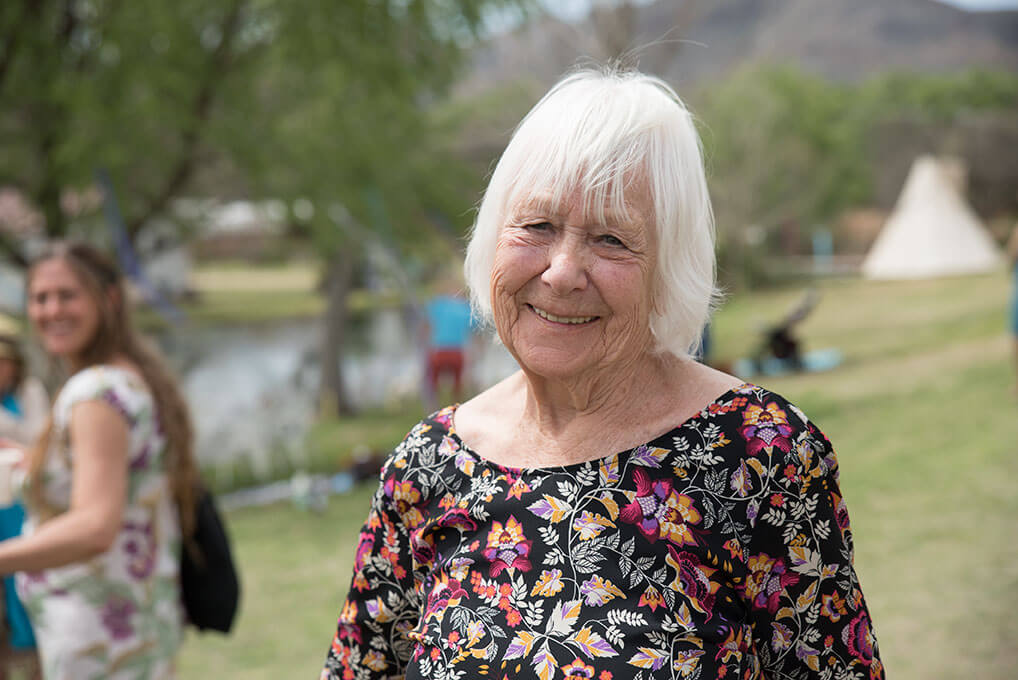
Making the decision to opt for hospice care is a deeply personal and profound step for families and their loved ones. Hospice care provides comfort, dignity, and compassionate support during one of life's most challenging transitions. However, finances often play a significant role in this decision, and understanding the associated costs can help you make more informed and confident choices.
Below, we outline five financial considerations when choosing hospice care options for your loved one.
Cost of Services
Understanding the cost of hospice services is a key concern for many families. These costs typically cover medical professionals, symptom-managing medications, essential equipment, and any additional charges for treatments such as therapy or specialized care. Requesting a detailed fee breakdown from the provider upfront can help you budget effectively and avoid surprises.
Insurance Coverage
Health insurance and Medicare and Medicaid often cover most hospice care costs, including medical professionals, medications, and equipment. However, out-of-pocket expenses may still apply depending on your plan. Review your policy or benefits statement and confirm coverage details with your insurance provider beforehand.
Location of Care
Hospice care can take place at home, in a hospice facility, or within a nursing home, each with its own cost considerations. In-home care may require extra expenses for caregiving assistance, while hospice facilities often charge higher all-inclusive fees. Understanding how each option fits your budget and your loved one’s needs can help you make the right choice.
Additional Expenses
While hospice services typically cover the essentials, there are ancillary costs that can sometimes catch families off guard. Supplementary expenses might include transportation to and from medical appointments, additional caregiving for personal or household needs, and supplies that are not provided as part of standard hospice care. Planning for these potential extras is critical to avoid financial strain.
Financial Assistance Programs
Hospice providers and charities often offer resources to ease financial burdens for families. Some programs use sliding-scale fees or partner with non-profits to cover costs. Grants and financial support may also be available for those in need. Contact hospice providers, community foundations, or local groups to learn about assistance programs in your area.
Supporting You Every Step of the Way
The financial aspects of hospice care can feel overwhelming, but they don’t need to define your experience. By understanding the costs associated with hospice, exploring coverage options, and seeking assistance if required, you’ll be better equipped to focus on what truly matters—your loved one’s comfort and quality of life.
If you’re still feeling unsure or need guidance, Soulistic Hospice is here to help. Our team provides hospice emotional support to families during this time. Contact us today to learn how we can walk beside you every step of the way.








